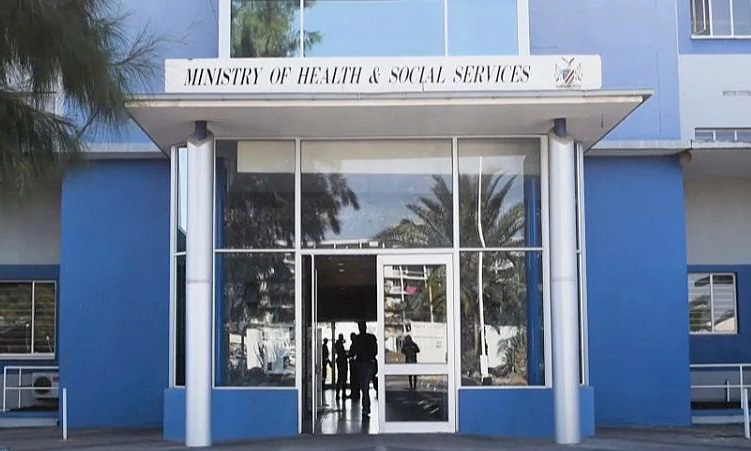Namibia is doing well as far as many health aspects are concerned.
To date, the ratio of communicable to non-communicable diseases is 50:50.
With regards to the prevention of mother-to-child transfer of HIV-AIDS we are better off than South Africa even, although there is a need for sustained efforts to end AIDS by 2030.
In Namibia we have achieved some targets largely thanks to our partners.
Since 2004, the Global Fund has disbursed about US$7,5 billion to Namibia.
The United States President’s Emergency Plan for AIDS Relief (Pepfar) to date has invested millions in healthcare and social services to vulnerable children and young people.
I would like to thank the Ministry of Health and Social Services for prioritising the optimum management of all patients presenting at healthcare facilities.
The challenges we still face, however, include malaria, cancer, malnutrition, diabetes, and HIV-AIDS.
As a qualified nurse at Otjiwarongo Regional Health Training Centre, I believe it’s not right that 15% of our citizens seek healthcare services at private facilities, while the majority seeks healthcare at dilapidated, overcrowded public healthcare facilities.
Moreover, how is it possible that Namibia, after 34 years of independence, has only two mental health facilities?
I cannot celebrate this.
The other problem we have is the issue of unemployed nurses. There are many of us, yet some clinics report being short-staffed, and sometimes unqualified people like cleaners and security guards are seen assisting with taking patients’ vitals.
I went to an interwiew at Onandjokwe Intermediate Hospital in November.
We were 530 unemployed nurses competing like bulls in the Omaheke region for only six positions.
This is unacceptable and demands urgent attention.
Waiting for patients to visit healthcare facilities to pump them full of medicine is also not the proper way of dealing with healthcare.
We need to prevent disease.
With the salary of one medical doctor we could employ more than 13 community healthcare workers.
We need more community healthcare workers than doctors so that communities can be given healthcare education as a preventive measure.
Support officers should be deployed as they are the backbone of primary healthcare.
Namibia should also establish more clinics in the regions.
Last, but not least, a health conference is needed for wide consultation with all stakeholders and patients in both the public and private sectors.
As an unemployed 27-year-old I see great potential in our healthcare sector.
Long live Namibia, a child of international solidarity, midwifed by the United Nations.
– Alfeus Hamundja
Stay informed with The Namibian – your source for credible journalism. Get in-depth reporting and opinions for
only N$85 a month. Invest in journalism, invest in democracy –
Subscribe Now!






